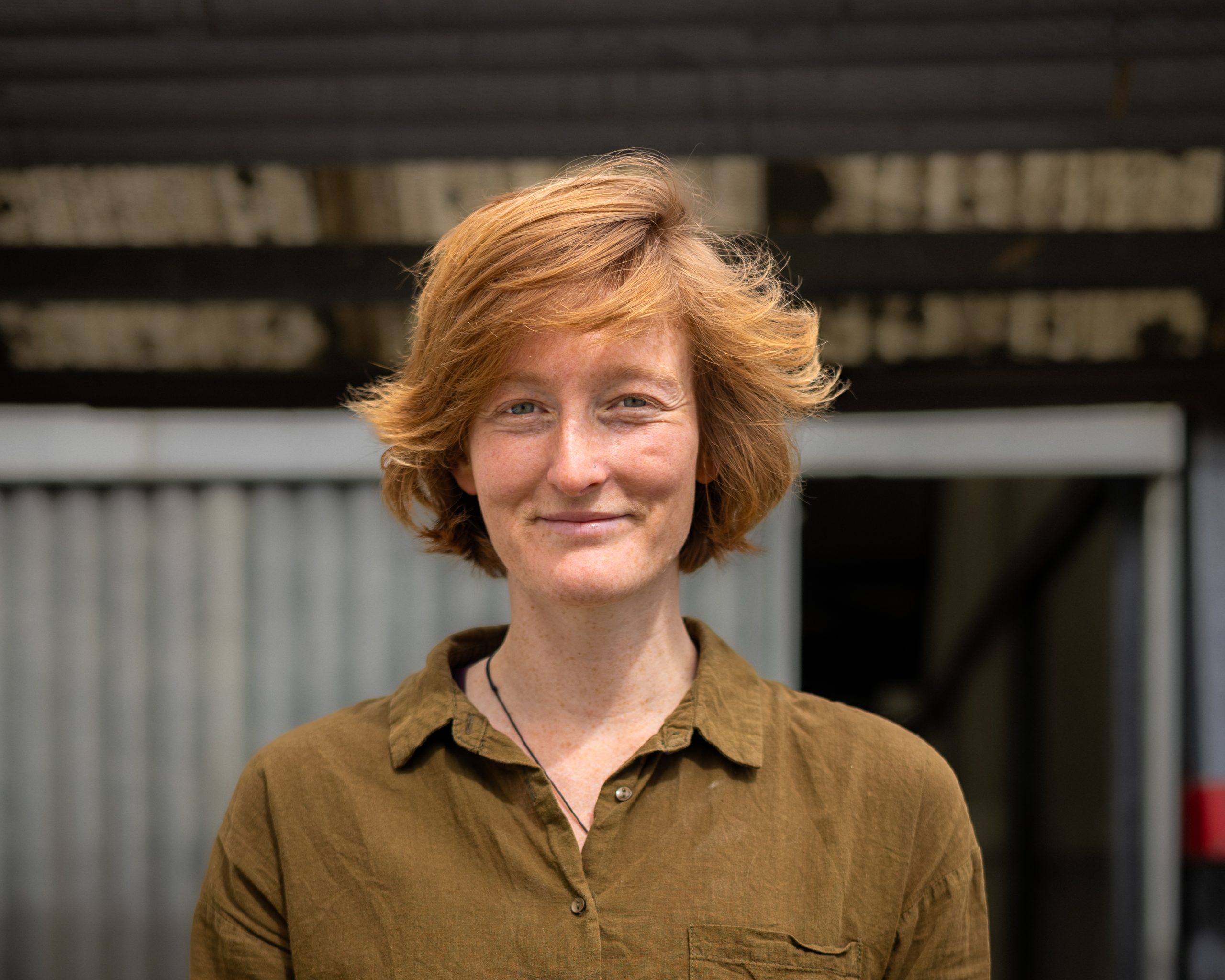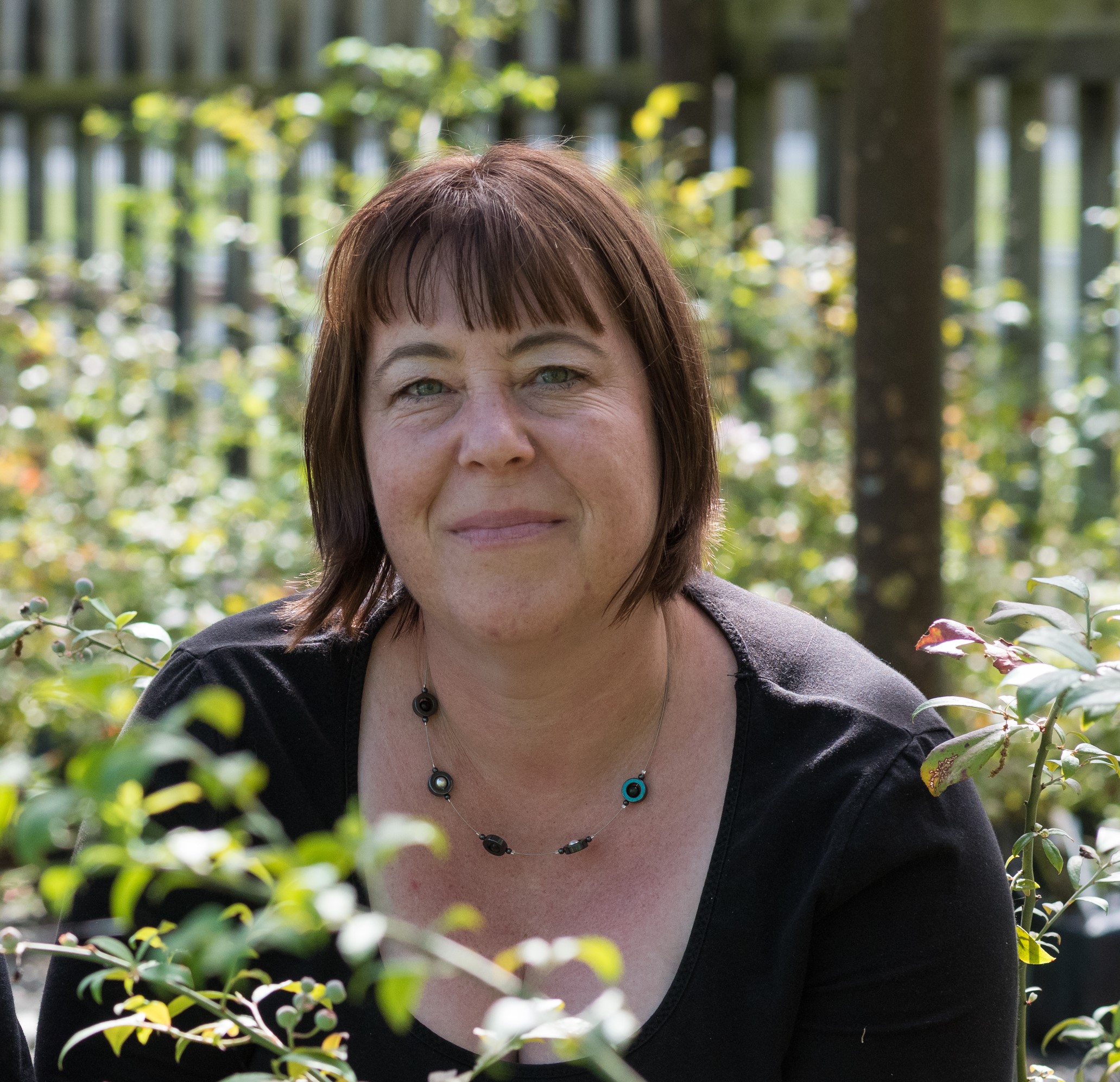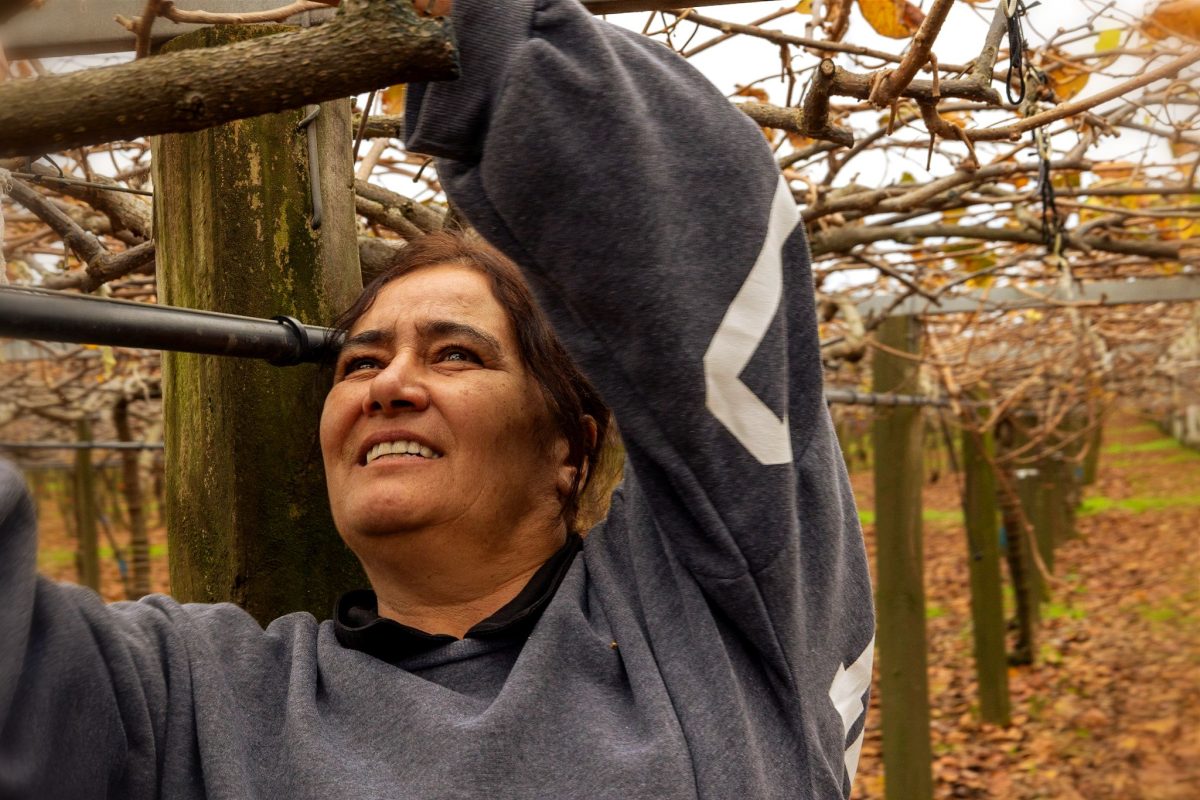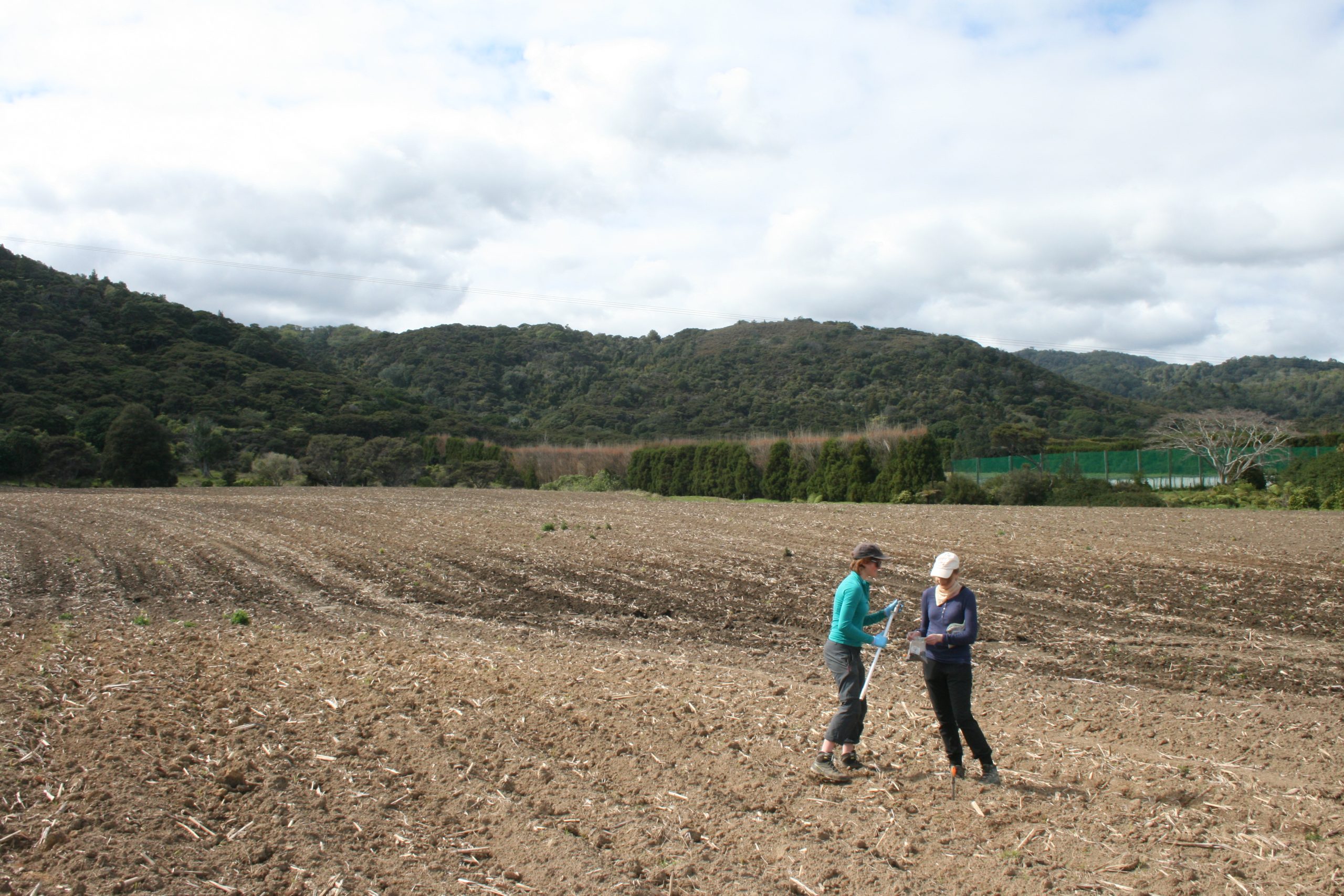
Project Details
Project Overview
Living in soil and plant roots, arbuscular mycorrhizal fungi have a key role in ecosystem functioning and have been shown to improve both soil and plant health.
Fionnuala is collecting soil and plant roots from different ecosystems in Te Kaha (Bay of Plenty) in order to work out how land use is affecting the abundance and diversity of these important fungi.
The fungal communities found in Te Kaha are then used in controlled plant experiments at Lincoln University. The aim of the experiments is to see what level of resilience the fungi help to provide plants to increased temperature, such as New Zealand is likely to experience in the next 70 years due to climate change.
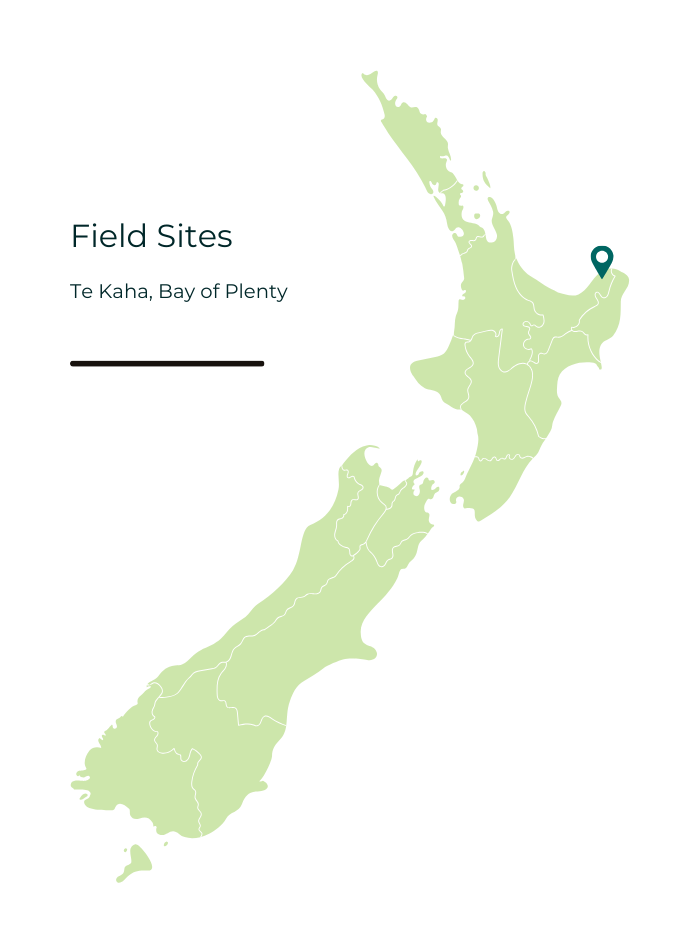
Why This Matters
Working with landowners and agricultural managers in Te Kaha, this project hopes to provide information about the fungi currently living in these ecosystems and what this might mean for future land management.
If mycorrhizal fungi are found to have a role in improving plant resilience to increasing temperatures, their use as bio-inoculants may be an important tool for future-proofing both agricultural and native ecosystems in New Zealand.
Project Objectives
- To determine the effect of land management in Te Kaha on the abundance and diversity of arbuscular mycorrhizal fungi
- To monitor seasonal changes in arbuscular mycorrhizal fungi in both native and agricultural ecosystems in Te Kaha
- To provide information to land owners and agricultural managers in Te Kaha about the current state of mycorrhizal fungi in their soils
- To determine whether mycorrhizal fungi play a role in the resilience of plants to negative effects of increasing temperatures
Project Collaborators
| Te Kaha 15b Ahuwhenua Trust | Te Kaha Gold |

